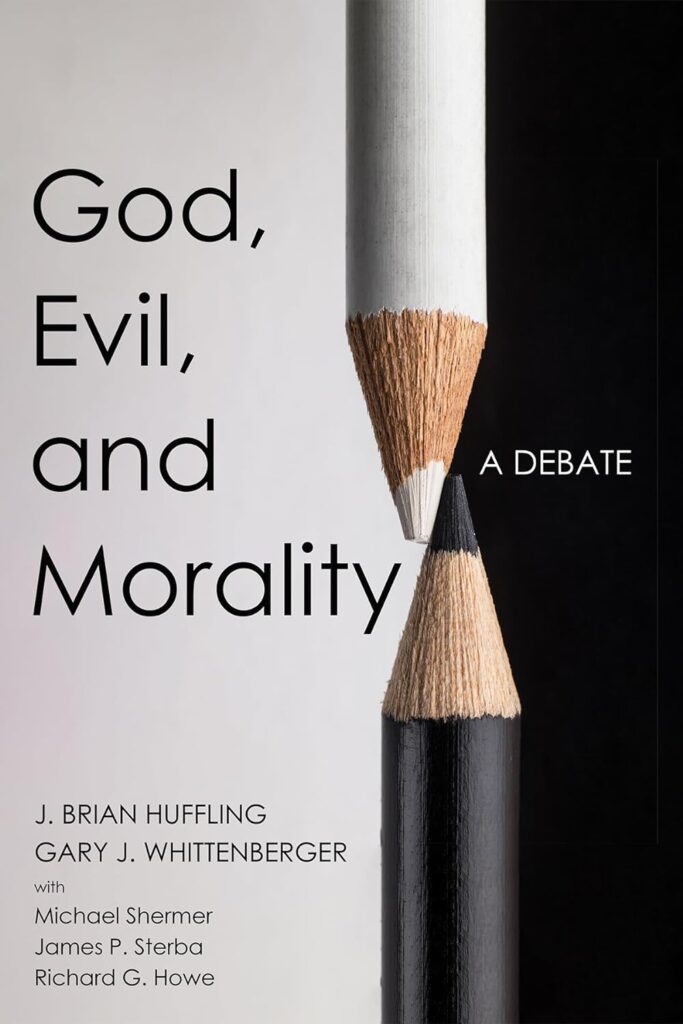#Philosophy #Apologetics #Biblical
Classical Theology
Very early in my seminary training I realized that if I was going to do apologetics or theology well, I was going to have to learn philosophy. I had no idea how indispensable (unavoidable) philosophy is. Even biblical studies and hermeneutics are indebted to philosophy (e.g. the philosophy of language). Philosophy is certainly the handmaiden to the queen of the sciences, i.e. theology.
While I went to Southern Evangelical Seminary to study apologetics with Dr. Norman Geisler, I added philosophy (and biblical studies) as a major—and fell in love with it. I particularly fell in love with what philosophy can tell us about God, not just his existence, but his attributes. I went on to complete a Ph.D. in Philosophy of Religion, and have dedicated my academic career, and life, to studying God through his Word and creation.

